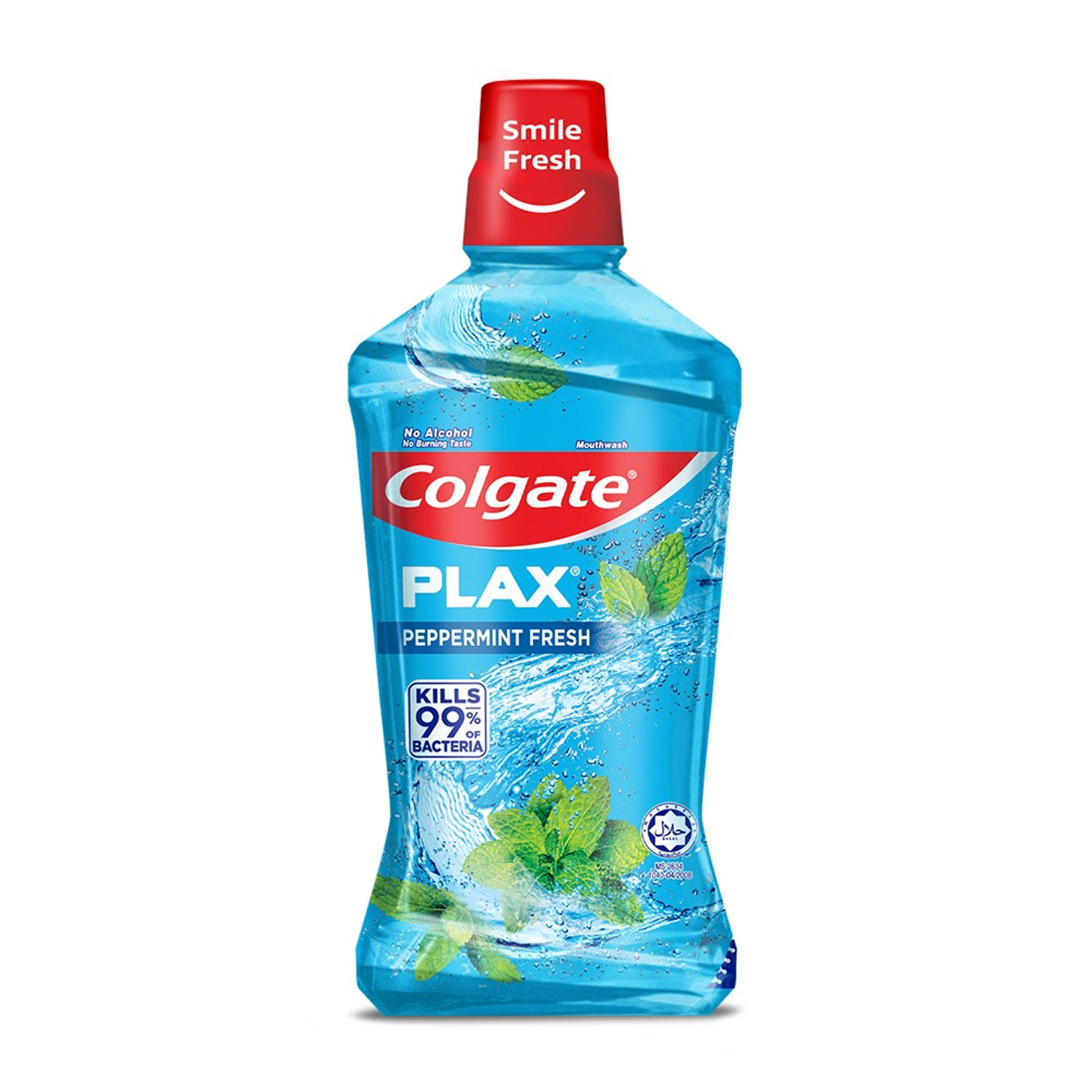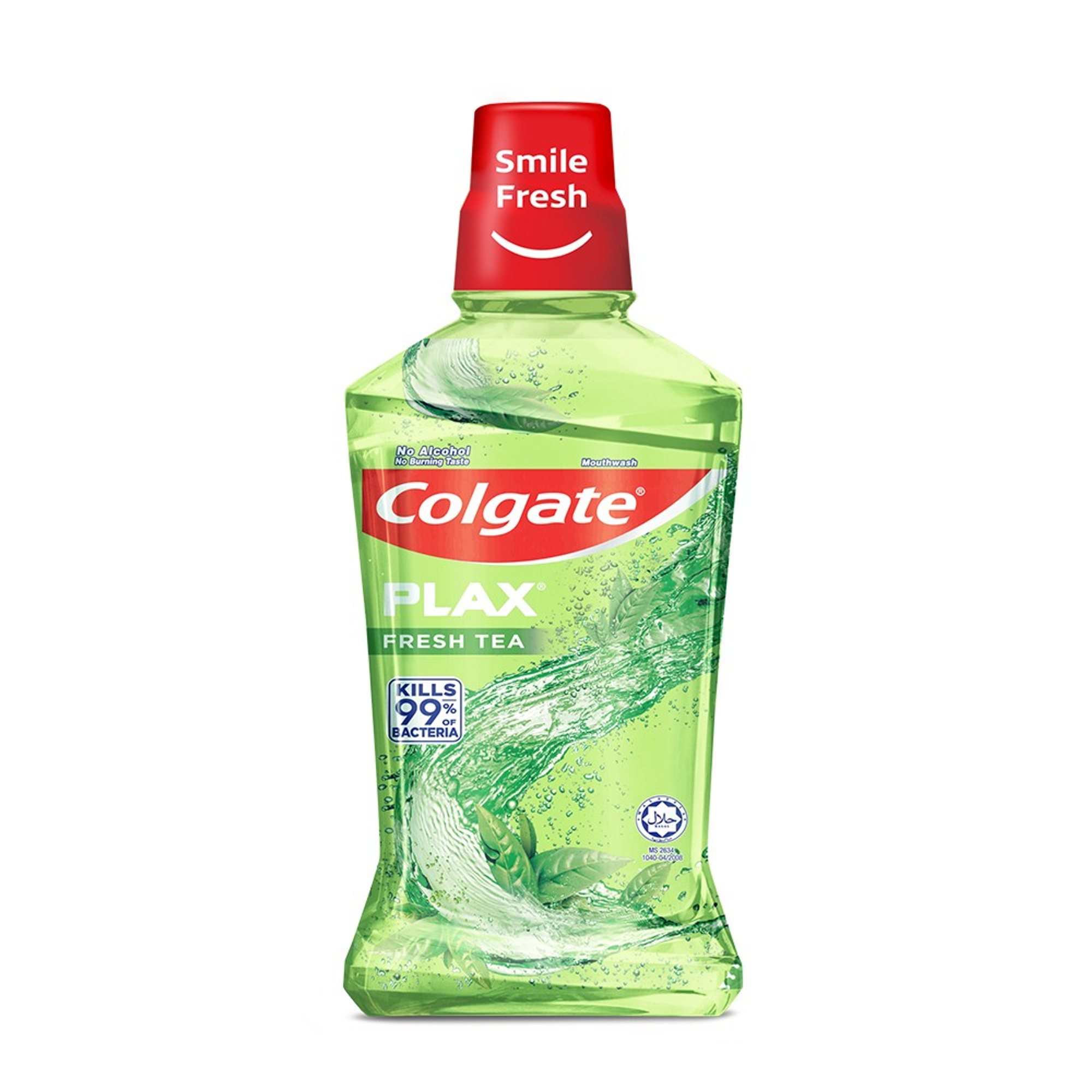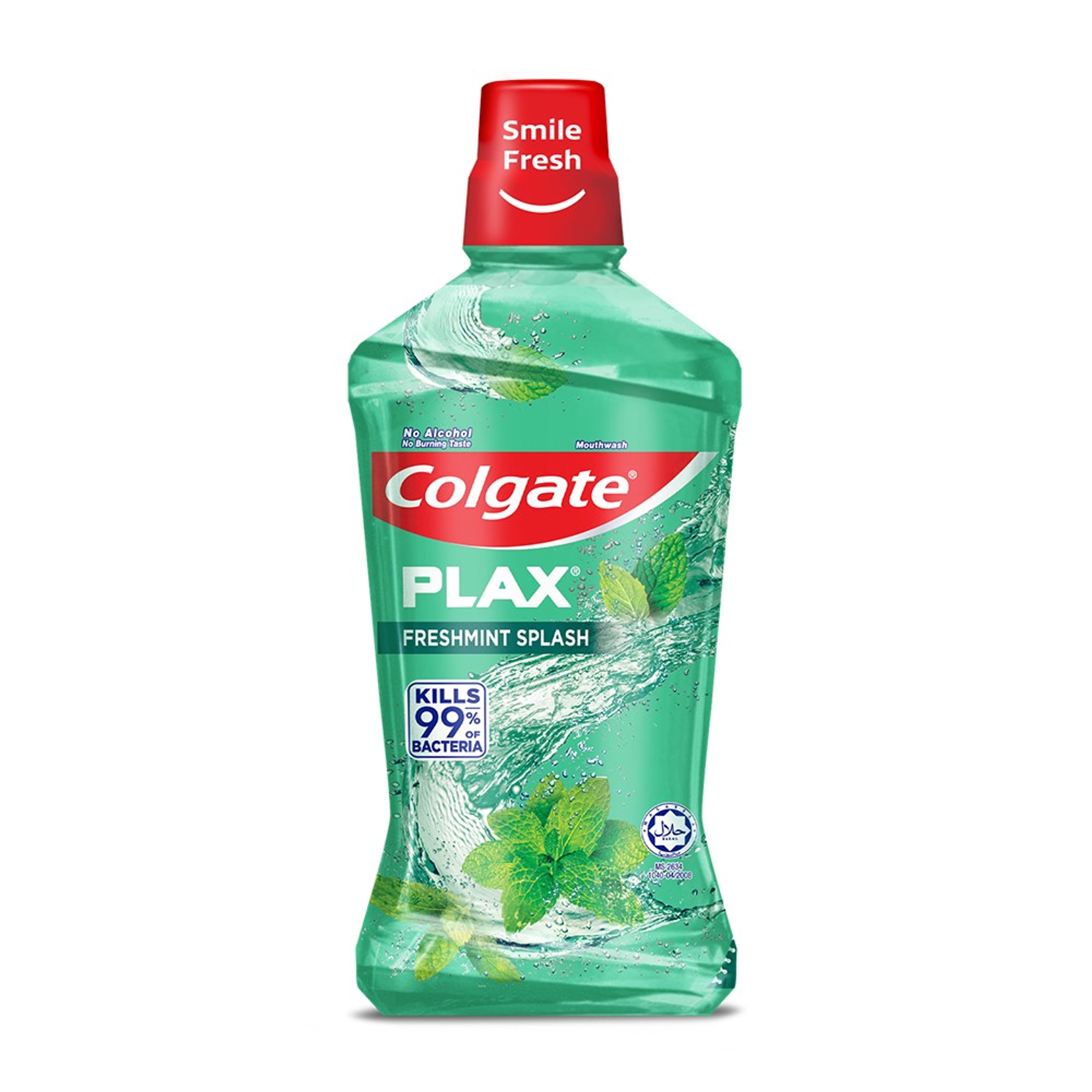What is Halitosis?
Halitosis, meaning bad breath in medical terms, is a common condition where someone has unpleasant-smelling breath. While occasional bad breath can happen to everyone, especially after eating certain foods, persistent halitosis can be a sign of underlying issues. These issues can range from poor oral hygiene to medical conditions.
Studies have found that about five percent of people who claim to have chronic halitosis really have pseudo-halitosis. If you are concerned about chronic bad breath, it is important to consult a doctor or dentist to determine the cause and discuss treatment options.
Halitosis Symptoms?
The main halitosis symptoms are persistent bad breath, but other signs can include a white coating on the back of the tongue, dry mouth, plaque or tartar buildup on teeth, postnasal drip, strong morning breath, or a constant bad taste in your mouth. If you think you have any symptoms of halitosis, see your dentist to rule out any underlying medical conditions. Addressing these symptoms early can help improve your oral health and confidence.
Halitosis Causes?
Understanding the most common halitosis causes is essential for finding the source and taking appropriate steps to freshen your breath. Numerous potential culprits, ranging from poor oral hygiene habits to certain foods and medications, can lead to mouth odors and dental issues such as halitosis, gum disease, and other oral cavity problems. Let's explore what causes bad breath, including some of the most common factors and their prevalence.
Poor Dental Hygiene: Inadequate brushing and flossing allow plaque, a sticky film of bacteria, food debris, and other particles, to accumulate on teeth and along the gumline. This buildup provides an ideal environment for odour-causing bacteria to thrive, producing unpleasant odor through their metabolic processes.
Food Particles: Small pieces of food can remain in the mouth after eating. These particles often lodge between teeth, on the tongue, or along the gumline. Bacteria naturally present in the mouth feed on these food remnants and produce odour-causing compounds, leading to bad breath.
Dry Mouth: Saliva is essential for removing food particles and neutralising odours in the mouth. When saliva production decreases due to problems with the salivary gland or any other disease, a condition known as dry mouth or xerostomia occurs. Food particles and bacteria accumulate without enough saliva, leading to unpleasant odours.
Gum Disease: Conditions such as periodontal disease and gingivitis cause inflammation and the formation of deep pockets between the teeth and gums, trapping food particles and leading to persistent bad breath.
Certain Foods: Foods like garlic, onions, spicy dishes, and certain herbs and spices contain pungent compounds that can be absorbed into the bloodstream and eventually released through the lungs, causing temporary bad breath even after the food has been digested.
Medical Conditions: Respiratory infections (such as bronchitis or sinusitis), diabetes, kidney disease, gastroesophageal reflux disease (GERD), and liver disorders can contribute to halitosis by releasing specific compounds or disrupting normal bodily processes that affect breath odour.
Tobacco Products: Smoking or chewing tobacco products leaves residual chemicals in the mouth and throat. These substances have unpleasant odours and provide a breeding ground for bacteria, contributing to bad breath.
Medications: Some medications, especially those that cause dry mouth as a side effect, can lead to bad breath by reducing saliva flow. Additionally, certain medications release chemicals that travel through the bloodstream and are expelled through the lungs, causing unpleasant breath odours.
How is Halitosis Treated?
If bad breath persists despite good oral hygiene and natural remedies for bad breath, further halitosis treatment may be necessary. The approach to how to cure halitosis depends on the underlying cause. If your dentist suspects an underlying health condition, they might recommend consulting your primary care physician or a specialist. Here are some potential dental treatment of halitosis:
Antibacterial Products: If plaque buildup is the cause, your dentist might recommend a mouthwash with ingredients that target the bacteria responsible. They may also suggest an antibacterial toothpaste to combat plaque-causing bacteria.
Gum Disease Treatment: In cases of gum disease, your dentist might refer you to a periodontist, a specialist in gum health. Gum disease can create pockets between your teeth and gums, trapping odour-causing bacteria. Professional cleaning may be necessary to remove this bacteria. Additionally, your dentist might recommend replacing faulty fillings, which can harbour bacteria.
How Can I Prevent Halitosis?
To effectively prevent persistent bad breath, adopt a proactive approach by maintaining optimal oral hygiene and addressing any root causes contributing to the unpleasant odour. Here are some tips to help you avoid halitosis:
Brush your teeth twice daily for at least two minutes each time.
Clean between your teeth with interdental brushes or floss daily once to remove food particles and plaque.
Use a tongue scraper to remove bacteria and food debris from the tongue.
Drink plenty of water to keep your mouth moist and promote saliva production, which helps wash away food particles and bacteria.
Reduce or avoid the intake of caffeine, alcohol, and tobacco, as they can dry out the mouth.
Limit the intake of strongly flavoured foods like garlic, onions, and spicy dishes, as they can contribute to bad breath.
Address any pre-existing health issues, such as diabetes, acid reflux, or respiratory infections, that could lead to dry mouth or unpleasant breath.
Schedule regular professional cleanings and checkups to eliminate plaque and tartar buildup.
Address any dental concerns such as gum disease, tooth decay, or issues with dental appliances like dentures, mouthguards, and retainers that may harbour bacteria.
When to See a Dental Professional?
You should see a dental professional for halitosis if:
Brushing and flossing regularly doesn't help: If you practice good oral hygiene habits like brushing twice daily and flossing once daily, and your bad breath persists, it could be a sign of an underlying dental issue.
Experiencing other oral symptoms: If you feel any discomfort or pain in your mouth or notice any changes in the colour or texture of your tongue, these could be indicators of gum disease or other dental health problems that contribute to bad breath.
The odour is persistent: Occasional bad breath, especially in the morning, is normal. But if your halitosis is constant throughout the day, a visit to the dentist is necessary.
Halitosis, commonly known as bad breath, can arise from several factors, such as inadequate oral hygiene, specific foods, medical conditions, and medications. Establishing consistent oral care routines, staying well-hydrated, avoiding foods and habits that cause odours, and seeking professional treatment for underlying conditions are essential strategies to combat and prevent halitosis. If bad breath persists despite these efforts, consulting a dentist or physician is recommended to identify the root causes and receive appropriate medical attention. Even if you are not experiencing any other symptoms, seeing a dentist can help pinpoint the cause of your halitosis and recommend the most effective treatment.
Frequently Asked Questions
How do you treat chronic halitosis?
To treat chronic halitosis, focus on maintaining excellent oral hygiene, staying hydrated, avoiding odour-causing foods, and addressing any underlying medical conditions with the guidance of your healthcare professional.Why do I have bad breath every day?
Daily bad breath can stem from poor oral hygiene, a dry mouth, certain foods, smoking, medical conditions like gum disease or sinus infections, or medications. Regular dental check-ups can help identify and address the underlying causes of halitosis.Where does chronic halitosis come from?
Chronic halitosis can originate from various factors, such as poor oral hygiene, dry mouth, certain foods, smoking, medical conditions like gum disease or sinus infections, and medications that reduce saliva production. Identifying and addressing these underlying causes is crucial for effective treatment.What kills bad breath the best?
Effective ways to combat bad breath include maintaining excellent oral hygiene (brushing teeth and tongue, flossing), staying hydrated, using an antibacterial mouth rinse, and avoiding odour-causing foods like onions and garlic. Addressing underlying medical conditions and seeking professional dental care also helps significantly.














